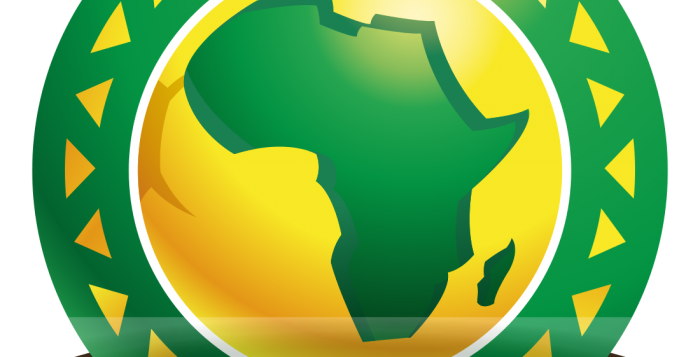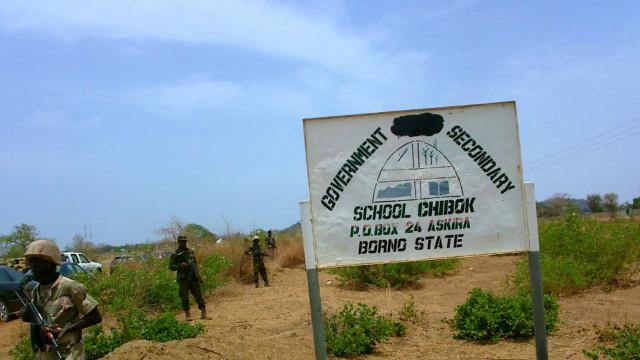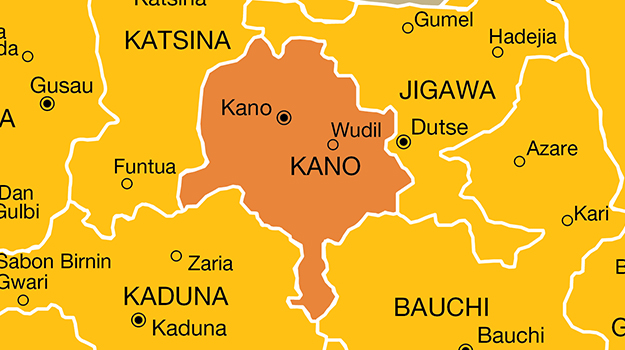Patients at National Orthopaedic Hospital, Igbobi, Lagos and other federal hospitals across the country may be in for a hard time, following the indefinite industrial action embarked upon on Thursday by the Joint Health Sector Unions (JOHESU).
JOHESU is the umbrella body of all associations within the Nigerian health care delivery system, with the exception of the Nigerian Medical Association (NMA).
It comprises the Medical and Health Workers Union of Nigeria (MHWUN), National Association of Nigerian Nurses and Midwives (NANNM), Non-Academic Staff Union of Educational and Associated Institutions (NASU), Nigerian Union of Allied Health Professionals (NUAHP) and Senior Staff Association of University Teaching Hospitals, Research Institutes and Allied Institutions (SSAUTHRIAI).
Their demands border on non-promotion of members, adjustment of salary and payment of accrued arrears, extension of retirement age, constitution of management boards of tertiary hospitals, clarifying the functions and powers of honorary consultants in teaching hospitals and releasing harmonised scheme of service for nurses and midwives.
Advertisement
The health workers are protesting “delay tactics” on the part of the federal government to stall the implementation of collective agreements on the aforementioned issues, which were ruled in favour of the union by the National Industrial Court of Nigeria (NICN).
TheCable visited National Orthopaedic Hospital, Igbobi, Lagos, where patients were wearing forlorn looks, with many of them uncertain of their fate while leaders of constituent associations of JOHESU were on ground to ensure compliance of hospital staff with the industrial action.
Olugbenga Awe, chairman of SSAUTHRIAI, Igbobi branch, emphasised that the strike was indefinite and the health workers were determined to hold out until the government acceded to their requests.
Advertisement
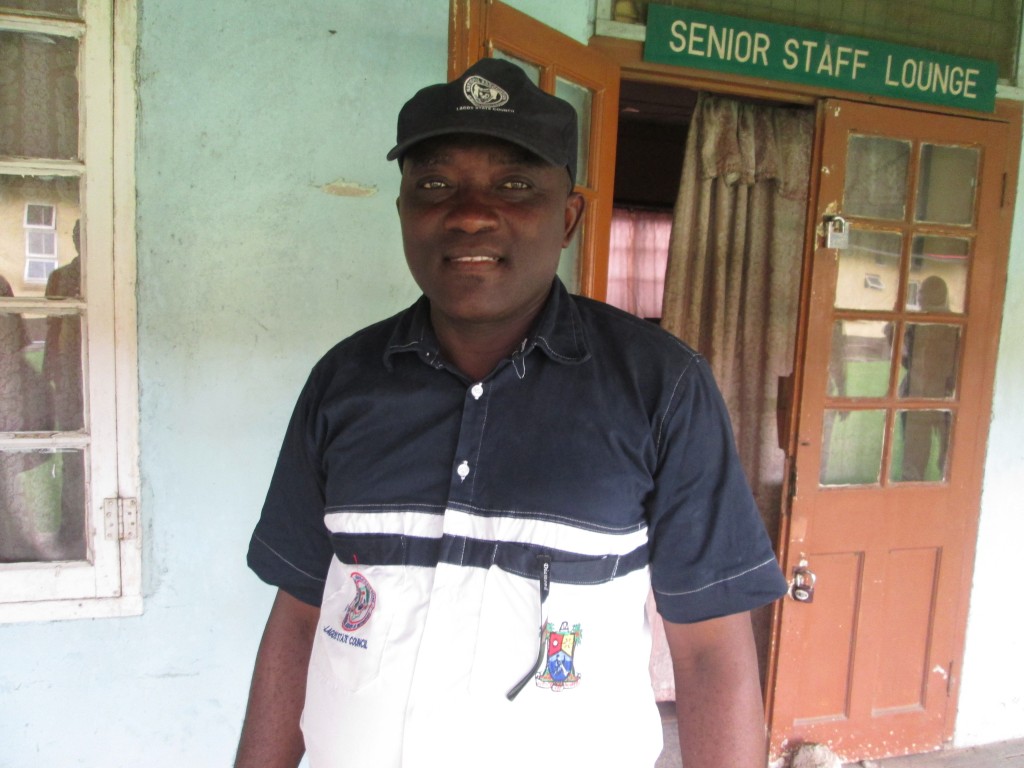
Corroborating the chairman’s assertion, Tade Oyedele, secretary of the senior staff association, lamented the poor attitude of the federal government towards the welfare of health workers.
“We started our own struggle before the doctors but the government answered the doctors. During the Ebola crisis, we didn’t go on strike; we were trying to be considerate with the federal government,” Oyetade said.
“But the government did not consider us despite the fact that we stayed to make sure that Ebola did not spread throughout the country. They paid the doctors their own allowances. They have paid two months arrears now; and again, they have included them in next year’s budget. Our own is not yet paid.”
With major departments and service units under lock and key, activities at the hospital virtually stood still apart from doctors who were still attending to patients.
Advertisement
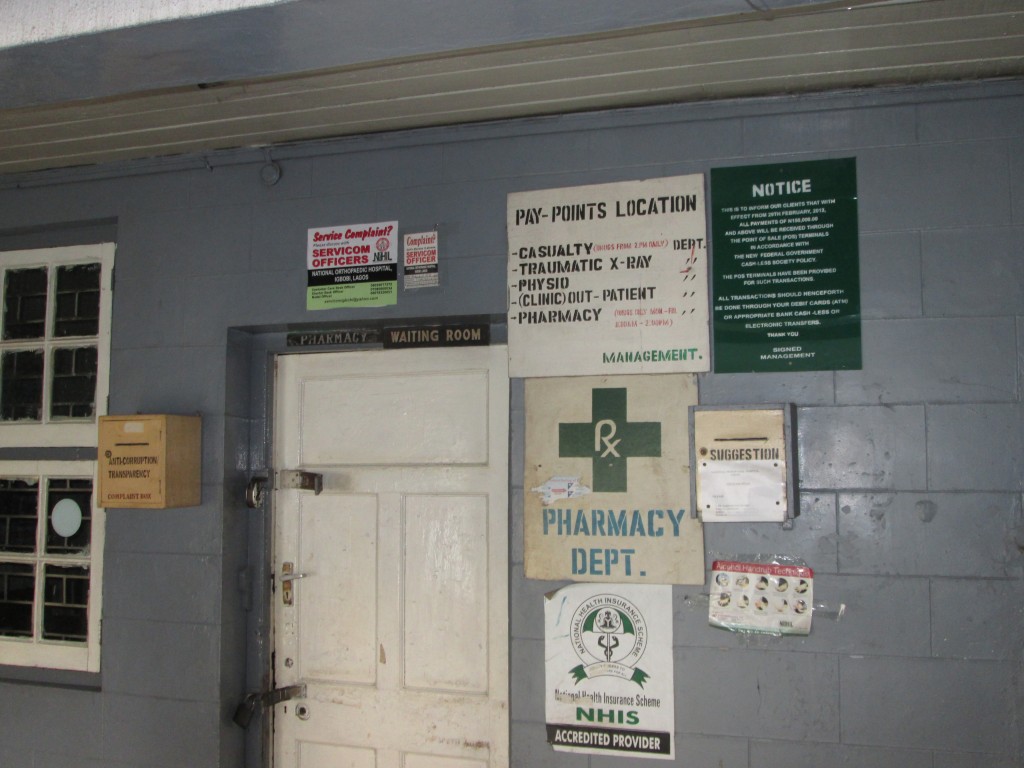
Patients who spoke to TheCable were distraught with grief, some of them lamenting the inconvenience and exorbitant cost of seeking treatment at alternative medical facilities.
However, other patients have decided to brave the situation by continuing with their regimen as prescribed by the doctors, while having relatives on ground to serve as caregivers.
“We are staying. We’ve been here for about a month. The drugs are there. So we’ll be giving her drugs to her. The doctors are still working. I will just be staying here all through because the nurses are not working,” a caregiver said.
Agitations for revamping the Nigerian health care delivery system have been on the front burner since July 1 when doctors, under the auspices of the Nigerian Medical Association, embarked on an indefinite strike. The strike was later called off after 55 days, but not before President Goodluck Jonathan ordered the sack of the striking doctors, a decision that was later rescinded.
Advertisement
Add a comment


